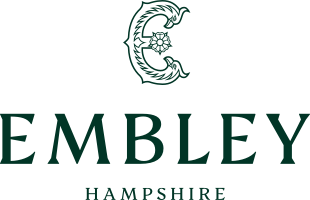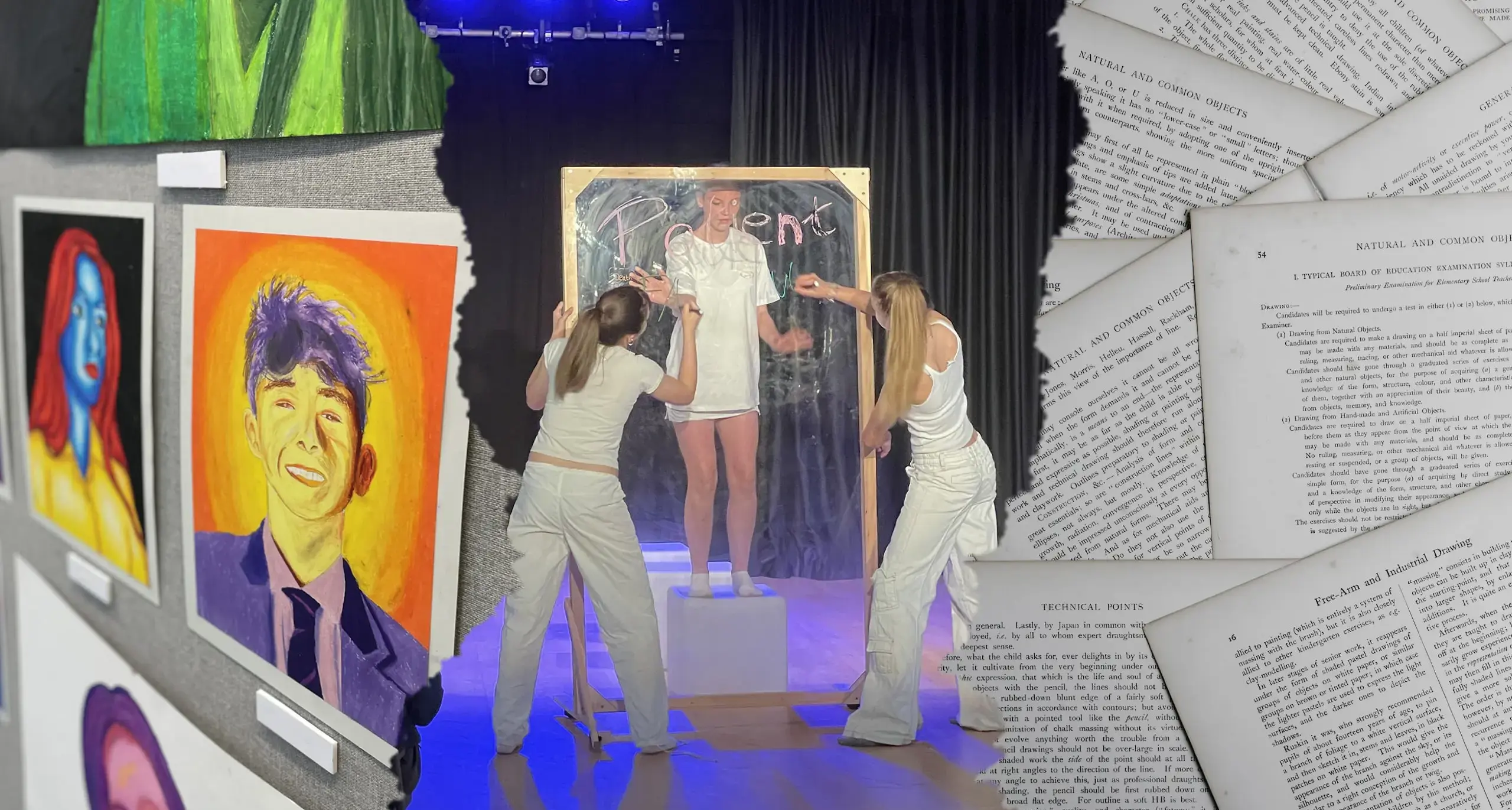I wonder what mention of the Chauvet Cave might bring to the reader’s mind? Some of the oldest cave paintings known to humanity have been scratched onto its walls and give us an insight into the experience of being human 30,000 years ago, give or take.
Scratched doesn’t really do them justice. Between the findings in France, Spain and Indonesia, all dating some 35,000 years ago, they mark a significant step in the development of homo sapiens.
Their very existence begs the question; Why do we draw? Not why do we draw x, y or z; but why draw at all? Why paint? Why do we play music? It won’t surprise any frequent visitor to this page that we are asking these questions, but what is it about the act of making a representational mark that seems so common to us as a species? One argument is that it is a consequence of a higher thinking order ability that developed for whatever reason and marked a shift in our development of a species. Roland Barthe in Mythologies makes an excellent attempt to decode the significance of art and more broadly the way we use both language and images to present interpretations of reality.
His approach is not necessarily that of Aristotle in the Poetics. Aristotle examined the dramatic arts and through their mimesis understood that the dramatic arts allowed us to look at ourselves again; the arts are a “re-presentation” of our experiences and as such lead to katharsis. In reading them, a long time ago now, I couldn’t help but see his understanding of the arts as a form of therapy.
Tragedy takes us to the depths of human despair, remember Lear sinking into the pit and ranting on the heath. But there is a resolution of sorts, a coming back from the pit to, if not an equilibrium, a personal realisation of the world as it is and our place in it. An evening at the theatre is then an extension of looking after your mental health; it’s good for you but probably not available on NHS prescription – I’m not an expert but I suspect you may have to ‘go private’ if that’s what you want.
It seems to be then that the Arts are important. Just in writing that comment I find myself thinking of it as axiomatic; what possible argument might suggest anything other? In recent times you will have read the present national administration’s desire to make Mathematics compulsory to the Upper Sixth. I have written about some of the problems inherent in this before; not least the invisible problem of the assumption that is it of greater importance than any other area of endeavour. Only the poorest understanding of education makes such claims. The chilling reality though is that mendicant ministers looking to make a name seize on the populist at the expense of the proper. Time will tell how that works out.
Last evening we hosted our second Embley Fringe Festival. Art, Drama and Music were joined by the English Department to showcase our student’s talent. The evening did what the Arts must do. It exhibited creativity, but much more than that, it exhibited thoughtful reasoned argument and invited challenge. I am keen to dwell on the latter. It is a personal view, but hey, if you are reading this you know that already. One significant function of the Arts is to speak Truth to Power. The necessary challenge to myopic complacency is listening to the voice of parody; satire, criticism or challenge. It is a compliment then, to say that much of last evening challenged me delightfully, but it challenged all of us. On the national or perhaps international scale, why is it those totalitarian regimes target the Arts? Satire is the unbearable thorn in the foot of the imperious and the Arts echo a subtle sedition which, when done well, is moving and compelling.
The public speaking arguments challenged our understanding of gender roles, fair pay and the value of poetry. The music celebrated everything from Mozart to movies and the fine arts challenged notions of identity and how we see ourselves, while so much of 3D Design wrapped all of the above in the most compelling of complex media. Where else would you experience the authentic voice of the children? Where else would you hear the challenge to authority to remain authentic and through their manipulation of word, meaning, media be exposed to their reasoned thoughtfulness? Where else would you be made purposefully uncomfortable by the very children you set as your mission so to make the better for them to see and understand the world? Where else would you witness education happening through children as authentic active participants in their own formation? Where else but Embley Fringe? It is the reason they drew on cave walls, the reason they watched Lear and his like, it’s the Embley way and if you missed it, you missed out.
MORE BLOGS —
Parent wants
Been a busy few weeks – though when isn’t it? I have spent quite a bit of time speaking with Prep School Heads.
Bridges
In January 1942, in a small suburb just outside Berlin, a group of engineers, scientists and logicians gathered to map out a strategy that would change the face of Europe.




